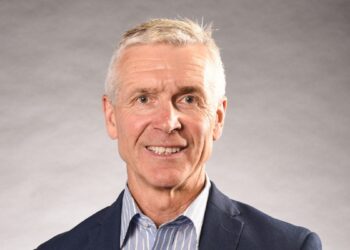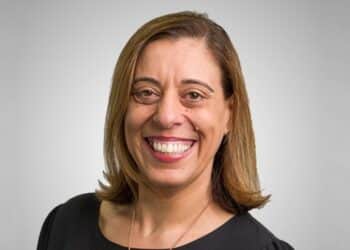Paul Schroder, chief executive of Australian Super, said it is very important for the $4 trillion superannuation industry that there is a “robust and strong” SMSF sector.
“The great part about this whole system is it’s underpinned by choice and competition, and everybody can just about choose their own adventure,” he said.
“And we think that’s in the interests of members everywhere.”
Schroder, speaking on the ABC’s 7.30 Report, said while he believes the $3 million super tax proposal “broadly seems like a reasonable number”, he also said the threshold should be indexed with inflation.
“The reason it should be indexed is because we’re in the business of making people richer in retirement. We want everyone to have more money,” he said.
“If you don’t index it, eventually people will get caught by it.”
He added regarding the government’s proposal to introduce the Division 296 tax that the first principle is accepting that the current “tax benefits of super disproportionately go to the wealthy”.
“As a general proposition, could the tax settings be rebalanced to give a better go for people who have less well off? We think the answer to that is yes.”
Schroder isn’t the first boss of one of the country’s largest super funds to speak out against the current draft of the $3 million super tax plan.
In May, The Australian Financial Review reported that the Australian Retirement Trust and AustralianSuper both privately lobbied Treasurer Jim Chalmers to tie proposed tax increases on retirement savings accounts with more than $3 million to inflation.
The Financial Review said the industry fund leaders warned the Treasurer they were concerned the policy would lead to instability and harm confidence.
The publication said ART provided a statement that read: “Like many other taxes, there should be a form of regular review mechanism or indexation in place to ensure the policy remains aligned into the future.”
Additionally, former RBA governor Phillip Lowe was reported as saying the government should be “exploring other ways to adjust the concessional tax rates on high super balances”.
Lowe told The Australian in May that he is “a supporter of good public policy design, but I am not convinced this is an example of it”.
Tax and superannuation are due to be discussed today at the much-hyped Economic Reform Roundtable, however, it is unlikely the Div 296 tax will be raised.
Chalmers is adamant that the current legislative change, which failed to pass the Senate before the May federal election, will be tabled as is, and said it has been in the public domain now for more than two years, and the government has not received adequate alternatives in that time.
However, many in the finance and SMSF sector dispute this claim, adding they have provided numerous other options to the proposed tax, as well as different calculation methods, they believe would be more acceptable and equitable in the long term.
On the weekend, the Treasurer said the controversial draft legislation was developed under the advice of Treasury and will remain as is.
“It’s based on Treasury advice; it’s based on the Treasury model and that’s the model that we are intending to proceed with,” he said in the lead-up to the roundtable.


